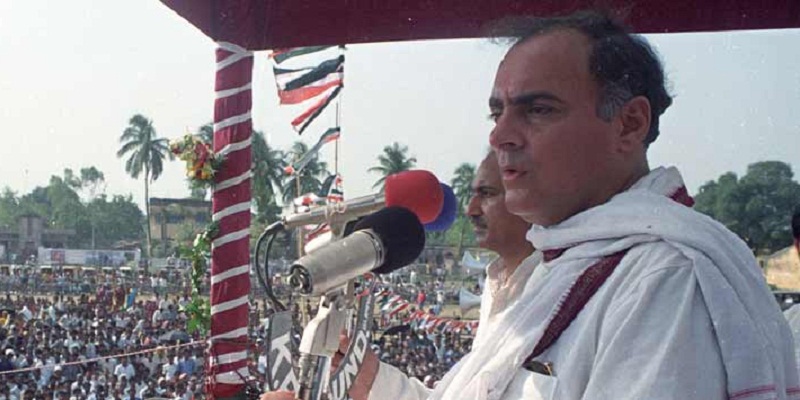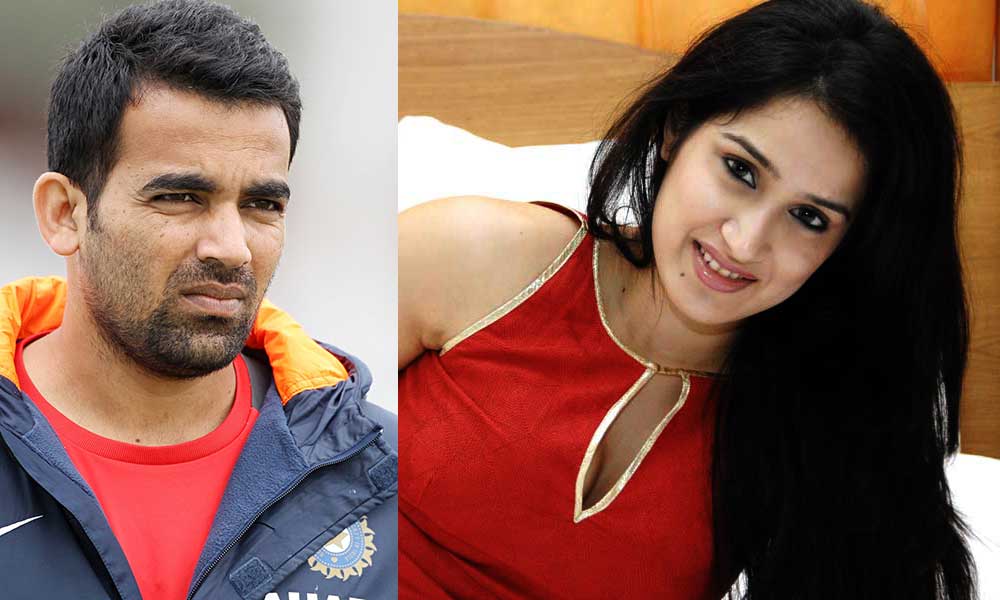Given the case, why cannot India consider the option of abolishing death sentence? That way, we will be able to ensure that a life sentence remains a life sentence. And that no one walks free due to whims and fancies of political class.
The Tamil Nadu government has decided to release all the seven convicts in the Rajiv Gandhi assassination case a day after the Supreme Court commuted death penalty of the three main convicts – Murugan, Santhan and Perarivalan – into life term. Apart from this, other four assassins who were serving life term since their arrest in 1991, namely, Nalini, Ravichandran, Robert Payas and V. Jayakumar will also be released.
The Cabinet’s decision was disclosed by Chief Minister Jayalalithaa in a suo motu statement in the State Assembly where she noted that while commuting the death sentence of the three prisoners, the Supreme Court had suggested that the State government could exercise its power under Sections 432 (power to remit sentences) and 433A (which deals with releasing of prisoners sentenced to death or life) of the Criminal Procedure Code. The State government has decided to invoke Section 432, considering the fact that they had already spent 23 years in jail.
The family of the convicts had requested their freedom from the state government after the SC verdict came on Tuesday.
Jayalalithaa has also declared that even though Tamil Nadu assembly has adopted a resolution seeking commutation of death sentence of the convicts, the centre will be consulted on the matter since the case was investigated by the Central Bureau of Investigation making the consultation mandatory under Section 435 of the CrPC.
“The state government will send the Cabinet’s decision to the Centre. If the Centre fails to respond in three days, my government will release them immediately under the power conferred on it by the Constitution,” the Chief Minister declared.
Jayalalithaa’s decision has put centre in a fix. According to the channel Times now, the ministry of home affairs has rejected Jayalalithaa’s recommendation to it on the issue saying that “the state has no jurisdiction to grant remission to free killers”.
While there is no doubt about SC’s judgment which showed the humane side of the law, it has uncannily given permission to arbitrary behaviours of our political class. This will lead to acts of delaying execution of convicts so that this precedence can be used to set them free later.
As noted by political expert R Jagannathan, “As the executions of Ajmal Kasab in November 2012 (to show up Narendra Modi before the Gujarat elections) and Afzal Guru in February 2013 (to take the wind out of the BJP’s sails) showed, executions will be carried out largely for political reasons and when they are convenient to the politicians in power. How can we now escape the charge that we executed two inconvenient Muslims with low political support when one Sikh (Balwant Singh Rajoana, who killed Punjab CM Beant Singh) and three Tamil killers are spared the gallows purely for political reasons? Will executions in future be decided on the basis of how many votes an execution will cost or bring to a political party?”
Given the case, why cannot India consider the option of abolishing death sentence? That way, we will be able to ensure that a life sentence remains a life sentence. And that no one walks free due to whims and fancies of political class.





